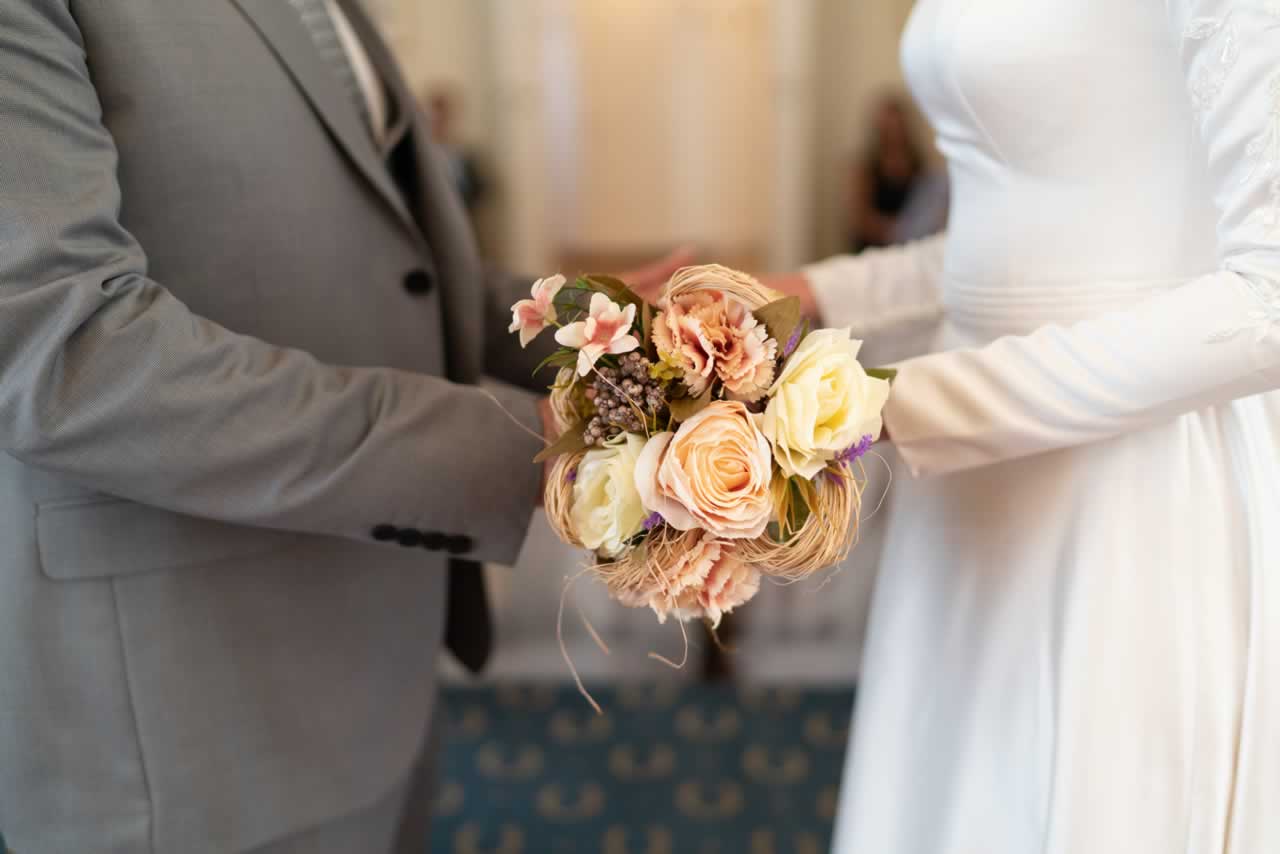Legal Requirements for Vow Renewals: What You Need to Know, Especially for International Ceremonies
Legal Requirements for Vow Renewals: What You Need to Know, Especially for International Ceremonies
Planning to renew your vows, especially abroad? Learn about the legal considerations you need to know, including international laws and requirements, to ensure a smooth and legally sound ceremony.

The Importance of Understanding Legal Requirements for Vow Renewals
Renewing your vows is a special way to celebrate your relationship, reaffirm your commitment, and share the joy with friends and family. However, when planning a vow renewal ceremony—especially in a unique or international setting—it’s essential to consider any legal requirements or documents involved. Although vow renewals are symbolic and not legally binding, you may need to provide proof of your marriage and comply with permit requirements, especially if your venue is public or abroad. This guide will outline the key legal requirements to help you plan a memorable and seamless vow renewal.
Is a Vow Renewal Legally Binding?
At its core, a vow renewal is a beautiful and symbolic affirmation of commitment. Unlike a wedding, it does not change your legal status, as the legalities were already established during your initial marriage. Yet, in some locations, especially international ones, there may be legal or permit requirements to hold a vow renewal ceremony.
Key Points:
- Not Legally Binding: Vow renewals do not change your marital status; they are purely ceremonial.
- Proof of Marriage: Some officiants or locations may require evidence of marriage to perform the ceremony.
Understanding this distinction helps clarify why legal requirements for vow renewals differ from those of a traditional wedding, even if certain documents are required to validate the ceremony location.
Domestic Vow Renewals: Permits and Other Requirements
When planning a vow renewal in your home country, legal requirements are generally minimal. However, depending on the venue and type of ceremony, you may still need to take a few steps to ensure a smooth experience.
Things to Consider:
- Venue Permits: If your renewal is at a public venue, historic site, or park, you may need a permit, especially for larger gatherings.
- Officiant Requirements: While an officiant is not legally required for a vow renewal, having one can add a sense of formality. Ensure your officiant understands the symbolic nature of the ceremony.
- Documentation: Some venues may request proof of your marriage for their records, particularly if they cater to weddings or legally binding ceremonies.
By considering these elements, you’ll ensure your domestic vow renewal goes off without any administrative surprises.
Planning an International Vow Renewal: Legal Essentials
An international vow renewal is an exciting choice, but it adds a layer of complexity due to differing legal environments abroad. Even for symbolic ceremonies, understanding local requirements is crucial to avoid unexpected issues.
International Considerations:
- Marriage Proof: Some destinations may ask for your marriage certificate to verify your status.
- Visas and Event Permits: Hosting a vow renewal, particularly if it’s a larger event, may require a permit or specific visa to legally hold an organized event in that country.
- Local Regulations: Every country has unique rules. Research the local customs, cultural expectations, and legal requirements of your chosen location to avoid any misunderstandings.
Working with a local planner or a legal consultant familiar with international events can be invaluable to navigating these requirements.
Essential Documentation and Permits to Prepare
Though vow renewals are typically free from legal formalities, being prepared can save you from last-minute legal headaches, especially for an international ceremony.
Documents to Consider:
- Passports: Ensure all participants, including guests, have current passports if the ceremony is abroad.
- Marriage Certificate: Bring a certified copy of your marriage certificate as some officiants or locations may request it.
- Event Permits: Public or historic sites often require permits for any type of gathering, including vow renewals.
- Copies: Carry multiple copies of important documents and consider leaving copies with a trusted person at home as a backup.
Keeping these documents handy and organized can help make your vow renewal experience as smooth as possible.
Expert Advice on Navigating Legal Considerations
Insights from wedding planners and legal professionals can provide peace of mind as you plan your vow renewal:
- Consult a Local Expert: “A legal consultant familiar with the laws of your chosen location can help you navigate necessary permits and prevent legal issues,” advises Samantha, International Legal Consultant.
- Hire a Local Planner: “Destination planners know the permit requirements and can make sure your event adheres to local rules and cultural norms,” shares Lara, Destination Wedding Planner.
- Understand Cultural Nuances: “Each country has its own set of expectations. Always research or consult a professional before assuming it’s similar to your home country,” recommends Tom, International Event Coordinator.
By heeding this advice, you’ll make your vow renewal not only beautiful but also legally compliant.
Final Thoughts on Legal Requirements for Vow Renewals
While vow renewals are typically symbolic, understanding and preparing for any applicable legal requirements will ensure a worry-free celebration. By researching local customs, gathering essential documents, and obtaining necessary permits, you’ll be able to focus on what truly matters—reaffirming your love and commitment in a meaningful, memorable setting. Whether you’re planning your ceremony at home or abroad, a bit of preparation ensures your day will be filled with joy and free of any unexpected legal hiccups.


